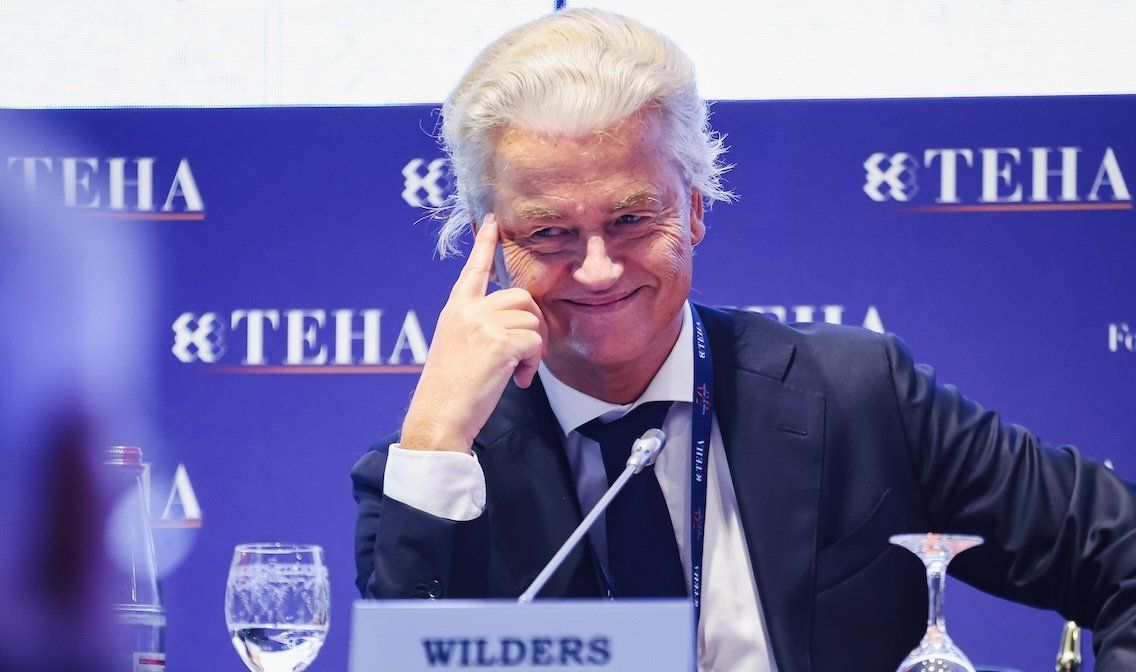51,000: The Dutch nationalist government on Friday approved tough new migration measures in Parliament, including enhanced border checks, an end to mandatory municipal settlement of asylum-seekers, and limits on family reunification. The policy comes after 51,000 asylum applications were made in the past 12 months and reflects shifts in Italy, Sweden, and other EU nations towards tighter migration controls.
124: An attack by the Rapid Support Forces on Friday killed at least 124 people in Al-Sareeha village in Sudan, with reports of over 200 injured and 150 detained. The attack marked the latest escalation in the conflict between the RSF and the Sudanese Armed Forces, which has displaced millions and triggered a severe humanitarian crisis.
230,000: South Korean Christians held a mass protest in Seoul on Sunday to oppose a court ruling granting same-sex partners spousal health benefits, fearing it paves the way for legalizing same-sex marriage. The protest disrupted traffic as organizers claimed over a million participants, while police estimated the crowd at 230,000.
2 billion: China on Saturday condemned a $2 billion US arms sale to Taiwan, the 17th of the Biden administration to the island, vowing “countermeasures” to defend its sovereignty. Beijing warns that the deal, which includes advanced air defense systems, “seriously damages China-US relations, and endangers peace and stability” in the strait.
7: Exit polls show
Boyko Borisov's GERB party leading
Bulgaria’s seventh election in three years, but forming a coalition could be difficult: The last election in June produced a hung Parliament. This time, the pro-Russian Vazrazhdane party underperformed, while the Reformist PP-DB exceeded expectations. Final results are expected on Monday.
